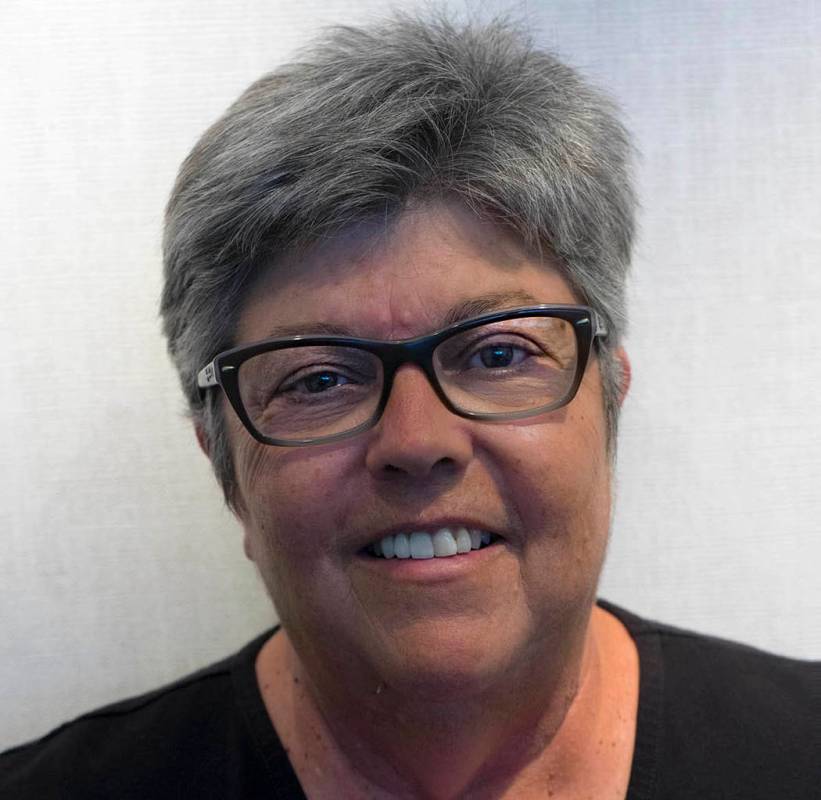
What do I want? I want a caring economy that works for everyone, and I do mean everyone. What do you want? I bet you want a caring economy that works for you, your family, the country and even for the world. If everyone wants the same thing, why do we argue?
I think people argue because they like to argue. Perhaps arguing is part of human nature. Perhaps people like to be correct. They like to think their opinions are the most important words spoken in any conversation. They like to hear themselves talk. They have been told repeatedly by those in “authority” what they are hearing is the truth. That’s the way it is. Take it or leave it. They’ve had parents, relatives and teachers pontificate on any number of subjects throughout their lives. Of course, these utterances must be true. The powers that be wouldn’t lie intentionally, would they?
I don’t necessarily like to argue, and I’m certain I’m not correct all the time. Yet I do like to be correct and know I have to educate myself with the facts, not simply opinions. I believe we have too much hot air floating around, and seeking truth, which does exist, contrary to what some say, is critical. Unless, of course, you ascribe to the idea that ignorance is bliss.
We can agree that educating ourselves to new ideas takes time and energy, which is generally in short supply for many. So, do we argue and subject others to whatever comes out of our mouth, or do we care enough to listen, open our mind to different ideas, take time to learn and shut up until we know, at least reasonably well, what we are talking about?
A well-read, open-minded person, not necessarily one who has many years of formal education, is often an interesting person who engages in thought-provoking conversations. Personally, I like to spend time with folks who share information and ideas that are brand-new to me. It’s also a whole lot better than listening to someone complain ad nauseam, berate this or that group or point to so-and-so as the cause of all the country’s problems.
Here’s something people like to get into heated arguments about: A household budget and the federal government budget are the same. You can argue all you wish, but the two are quite different. You and I have to have money in order to spend it. The federal government spends first and taxes later. The Congress of the United States has the authority to appropriate spending. I didn’t make that up. The Constitution gave Congress that authority in Article I, Section 8, where it lists congressional powers and limits.
Congress creates the national currency. Anything else is counterfeiting, and counterfeiters go to jail. Congress sets the value of the currency, which used to be set to gold. That gold standard vanished under President Richard Nixon in 1971. You can no longer take your dollars and redeem them for gold.
Folks can argue until they are hoarse, but the words you just read are fact, not maybe, not sort of.
There are many factual examples of how household and federal government budgets are not the same, but here’s a very short example of a few facts. In this video, “MMT: Government Budgets Are Not Like a Household” (bit.ly/2MPFMt4), Professor L. Randall Wray explains why “conventional wisdom” got it wrong when they kept telling us that our household budget is like the federal government budget. Wray explains that since the federal government issues its own “floating exchange-rate currency,” it works differently than any household budget. Don’t take my word. Listen to an expert. The federal government is the currency issuer. They spend first and tax later. That’s another fact.
If you are willing to care and take time to learn something that may be contrary to what you have heard most of your life, there are numerous respected academics explaining how the economy works today. I don’t know about you, but I’d like to see a caring economy for everyone. Learn the facts. Don’t argue.
Watch this, “Why Can’t We Have Nice Things” (bit.ly/2KFvuZw), and we can talk.
Rose Ann Miele is a journalist and was public information officer for Boulder City for nine years. She can be reached at roseannrab@hotmail.com or at 702-339-9082.